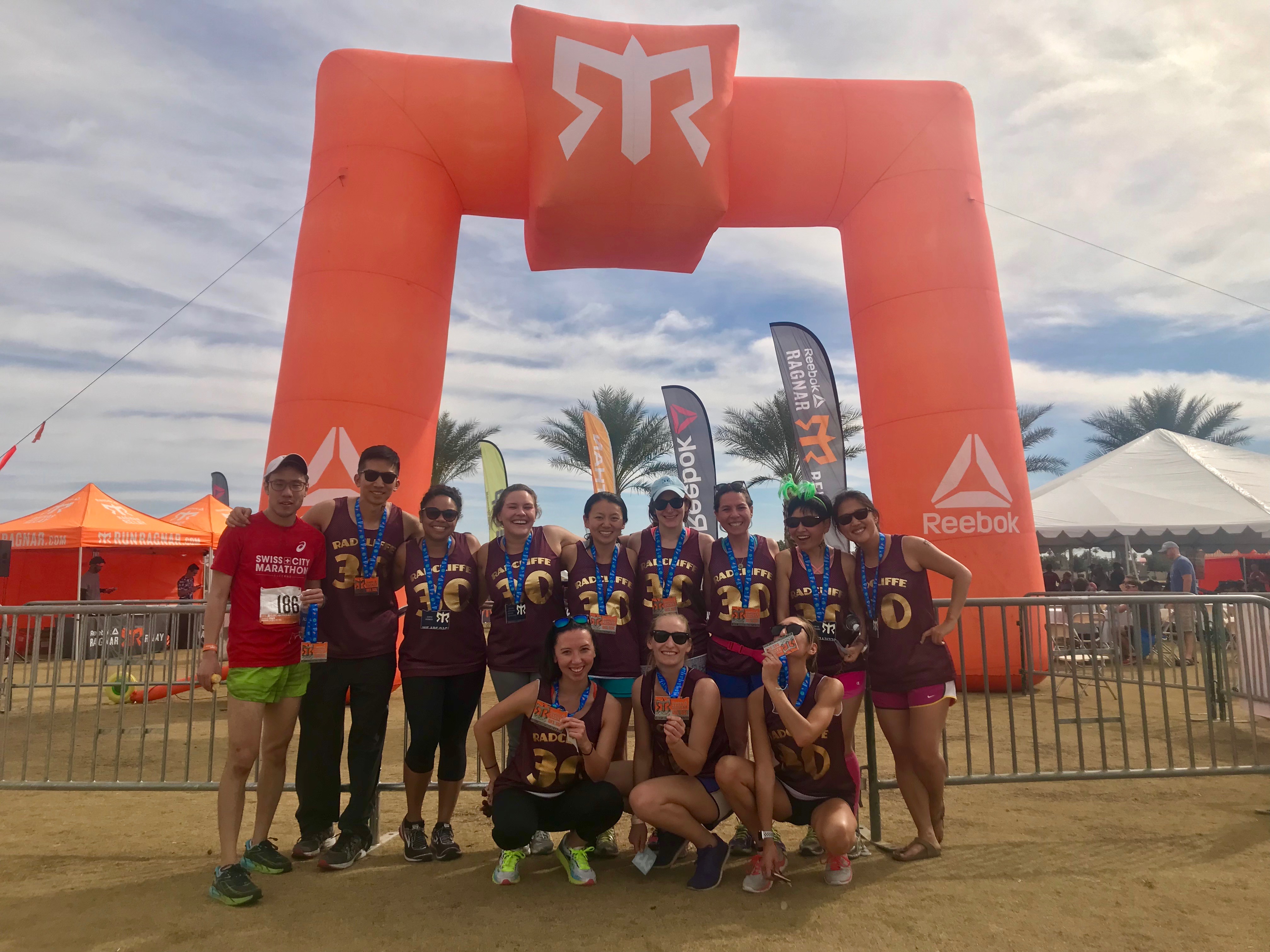A little over a year ago, I started running. I cleared 742 miles in 2017, completing two full and two half marathons. It was something I didn’t think I would ever do, because for thirty five years of my life, I had never thought of myself as a “runner.” It wasn’t just that I didn’t run very much, but that I had this preconception that for “real runners,” running came easily. I mean, it was easy for them, and that’s why they ran, no? Whatever they had, I didn’t have it. Running, for me, was categorically not easy.
Like a good yuppie though, “completing a marathon” had been a tentative New Year’s Resolution for as long as I could remember, and last year I thought I’d give it another go. I went to the running store and got fitted, studied YouTube videos on gait and form, and downloaded Aaptiv, one of those virtual fitness coaching programs. As you already know, it worked. But I believe it worked not because the training program was effective (which it is, but I’ve tried numerous variations over the years), but because this time, I had an epiphany:
it never gets easier, you just get better.
OK, alright, so those aren’t actually my words. They’re what the trainers in the app said, over and over again. But for me, it had the effect of an immediate clearing of the head. I remember almost stopping on my run as the full jolt of the statement hit me. Yes yes, I know it is a well known mantra in athletics, and probably someone has said it to me before, but last year was the first time I really heard it, you know? This endurance running stuff wasn’t easy, anyone could see that, but what I hadn’t realized before was that it wasn’t supposed to get easier.
I mean, it sounds silly now, but it had never occurred to me that using one’s legs to propel the body through space as fast as possible for a few hours at a time is, by definition, a difficult task. For any human. Under any condition. “Runner” or not. Even for the most elite. In fact, that was the reason why they were elite, isn’t it? Because it is hard stuff that they are doing. But what made certain folks elite was that along with talent, they kept at it and excelled despite the overwhelming difficulty. So it was completely expected, therefore, that I also found it hard. And continued to find it hard, every time. That was the yin and yang of it — I wanted to do the marathon because it was a hard thing to do, but I was also telling myself subconsciously that I absolutely sucked for the same exact reason — because it was hard … for me. That was why, I realized, I’d never stuck through a complete training cycle before. I gave up on myself because I had nonsensical expectations on what it meant to be good at something. To succeed. To use the words of psychologist Robert Kegan, I had one foot on the gas pedal but the other on the brake. I was exerting a lot of energy motivating and de-motivating myself, all at the same time. As soon as I let go of the metaphorical brake though — acknowledging that this just won’t ever be easy, nor did I need it to be (!!) — I was able to accelerate to my goal.
Mastery doesn’t necessarily make something “easy.” Mastery is simply mastery, a concept that exists entirely outside of objective or subjective difficulty. For instance, I just watched the new Steven Spielberg documentary where he confesses that even today, as highest-grossing director of all time, he is still nervous going into each movie because he doesn’t know what to expect. He still gets anxious. And why should making a film with a budget in the hundreds of millions and a few thousand staff ever be easy? Maybe some things are just hard. Always. As soon as we remove the illusion of ease, the expectation of perfection, we can stop judging ourselves, and relish our effort for what it is — just the striving we all do as human beings, every single day … the struggle of getting better, whatever that may be, one step at a time.
It never gets easier, you just get better. And that’s OK.
Originally published at medium.com


